Russia suspends gas flow to Italy, citing problem in Austria
Russia's energy giant Gazprom has suspended gas flow to Italy, citing apparent non-cooperation on the part of Austria, which has caused a gas transport problem.
Eni, Italy's major energy firm, reported the suspension on Saturday, saying "Gazprom told us that it was not able to confirm the delivery of the volumes demanded for today."
According to Eni, Gazprom blamed "the impossibility of gas transport through Austria" for the problem, the statement added, noting that as a result, "Russian gas flows to Eni via the Tarvisio entry point will be naught."
Most of the Russian gas, which is delivered to Italy, passes via Ukraine through the Trans Austria Gas Pipeline (TAG).
Gazprom said the setback was "due to the refusal of the Austrian operator to confirm the transport nominations."
"The reason is related to the regulatory changes that took place in Austria at the end of September," it added, noting, "Gazprom is working on solving the problem together with Italian buyers."
Austria's regulatory authority, E-Control, said for its part that the new rules, which entered into force on Saturday, were "known to all market actors for months," adding that it expected "all to conform and take the necessary measures to fulfill their obligations."
The Austrian authority further stated that the problems were linked to "contractual details" related to the transit of gas towards Italy.
Early last month, Russia said gas supplies to Europe via the Nord Stream 1 pipeline would not resume in full until the Western countries reached a collective decision and lifted sanctions they had imposed on Moscow over its February-present military operation in Ukraine.
Making the announcement, the Kremlin spokesman, Dmitry Peskov, blamed the European Union, the UK, and Canadian sanctions for Russia’s failure to deliver gas through the key pipeline.
He said the sanctions had caused a "pumping problem" by preventing the pipeline's units from being duly serviced.
The Nord Stream 1 and 2 gas pipelines link Russia and Europe via the Baltic Sea.
Later in September, the pipelines were hit by unexplained leaks.
Moscow put the onus on the West and its sanctions again, with Peskov saying, "It is the collective West -- in this case the European Union, Canada and Britain -- that are to blame for the situation reaching this point."
China slams US as ‘war-addicted’ threat to global security
China ‘firmly opposes’ US military aid to Taiwan
VIDEO | Press TV's News Headlines
President Yoon Suk Yeol to be removed from office
At least 19 Gazans killed by Israeli airstrikes since dawn: Medics
Leader: Iran neither has nor needs proxy forces
US fighter aircraft shot down ‘in friendly fire’ amid aggression on Yemen
Yemeni FM: Israel’s sponsors accountable for ongoing aggression on Sana’a


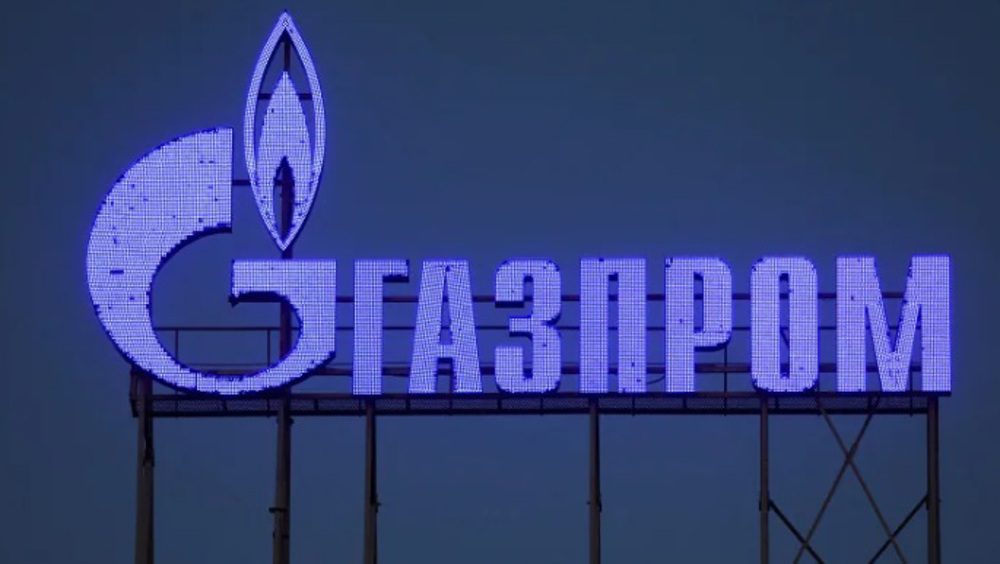
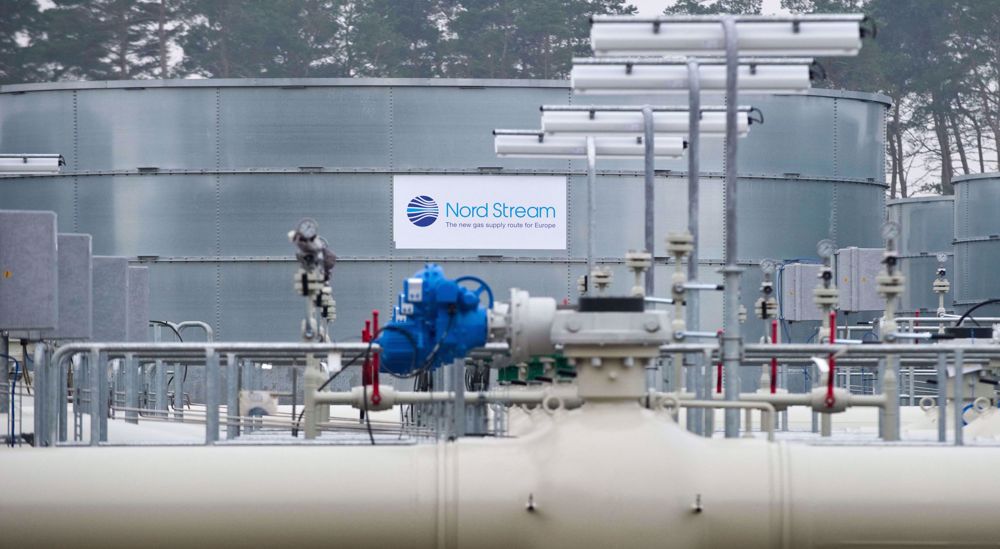


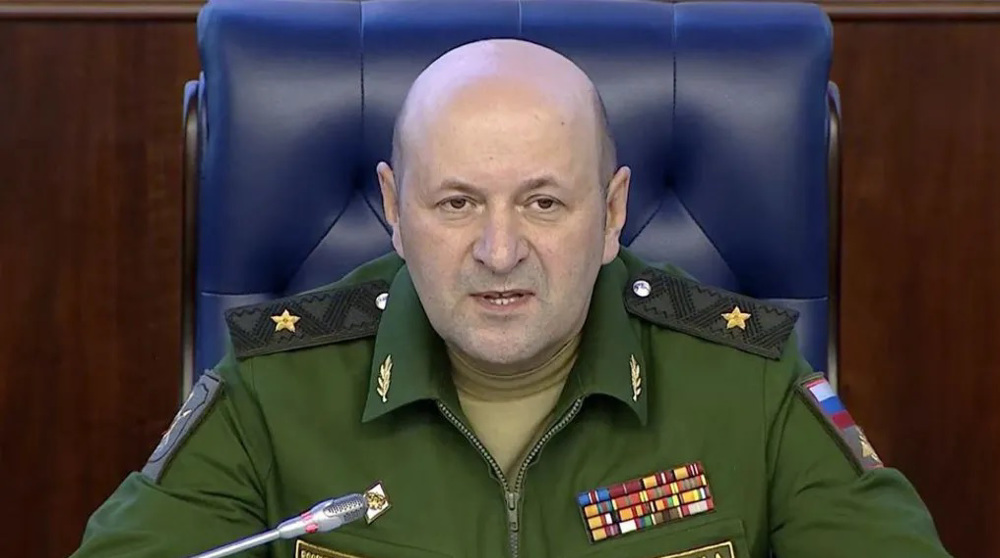



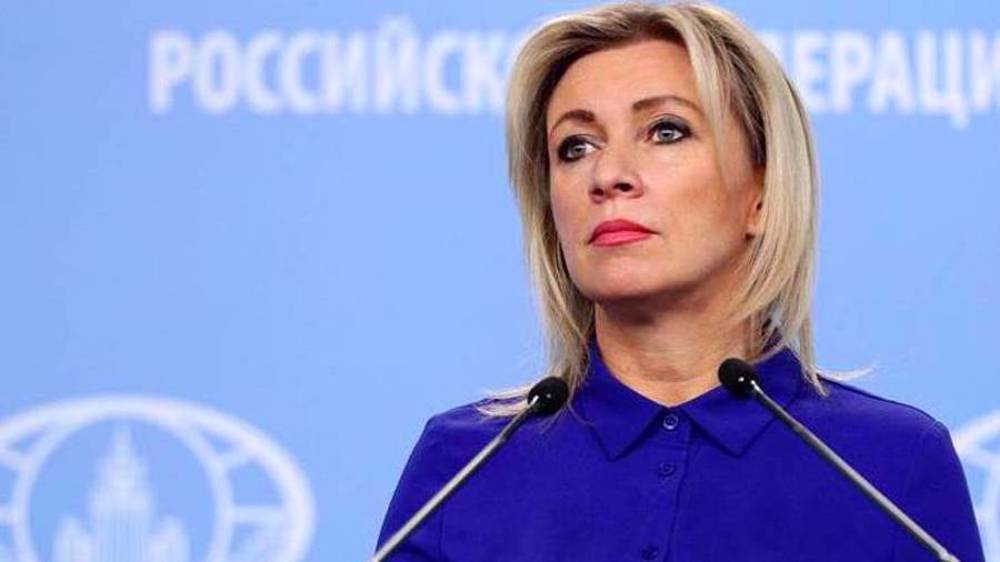
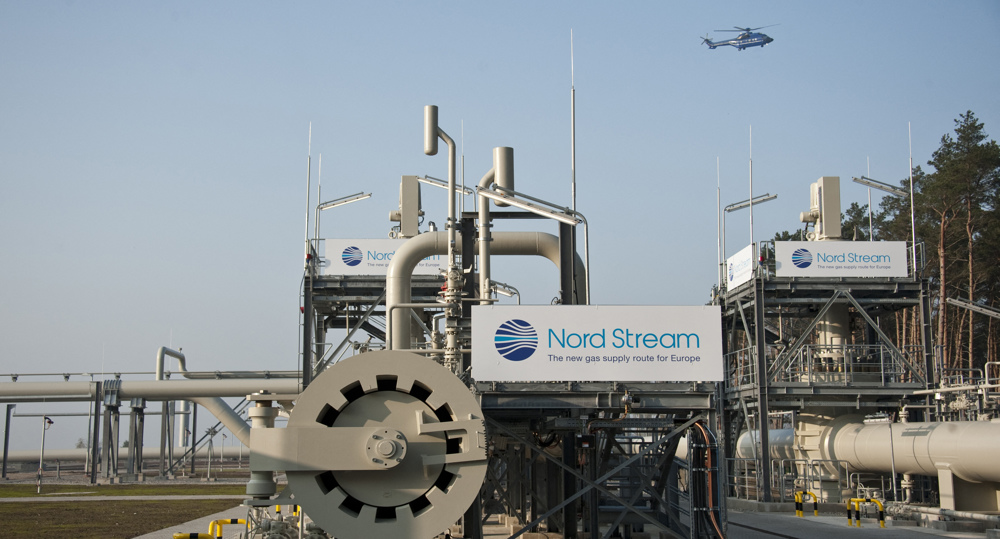
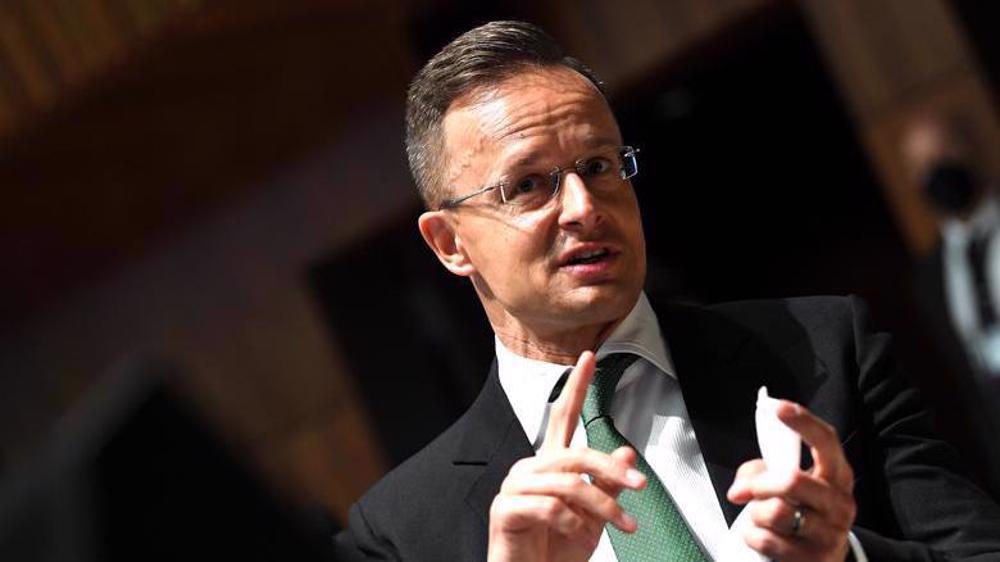

 This makes it easy to access the Press TV website
This makes it easy to access the Press TV website